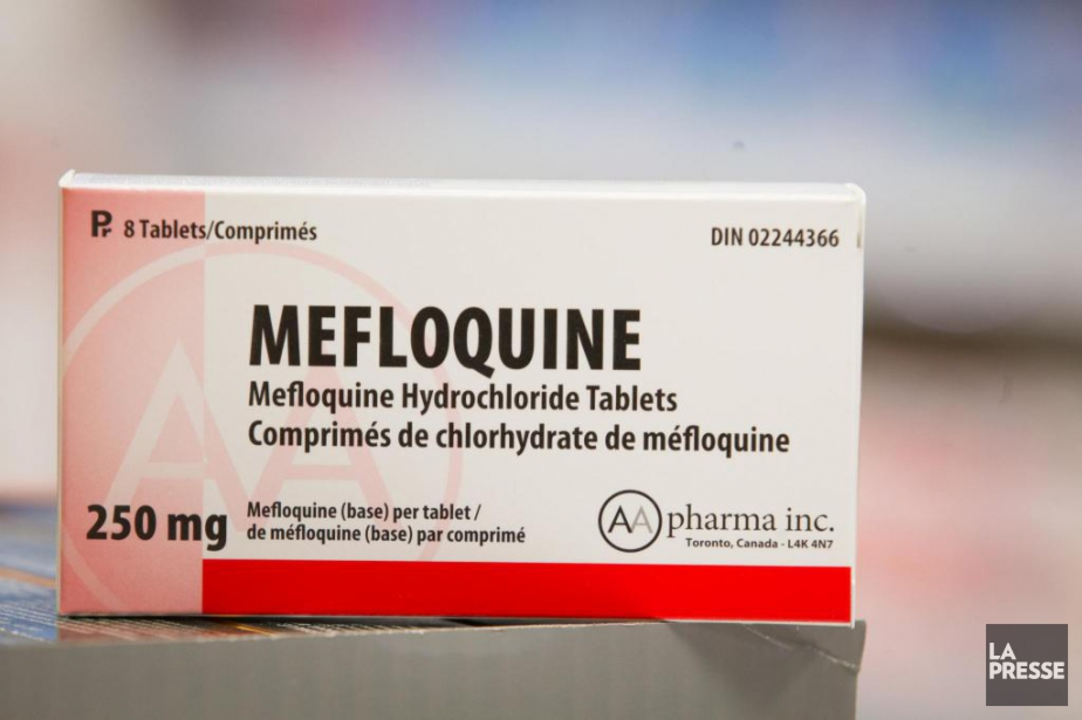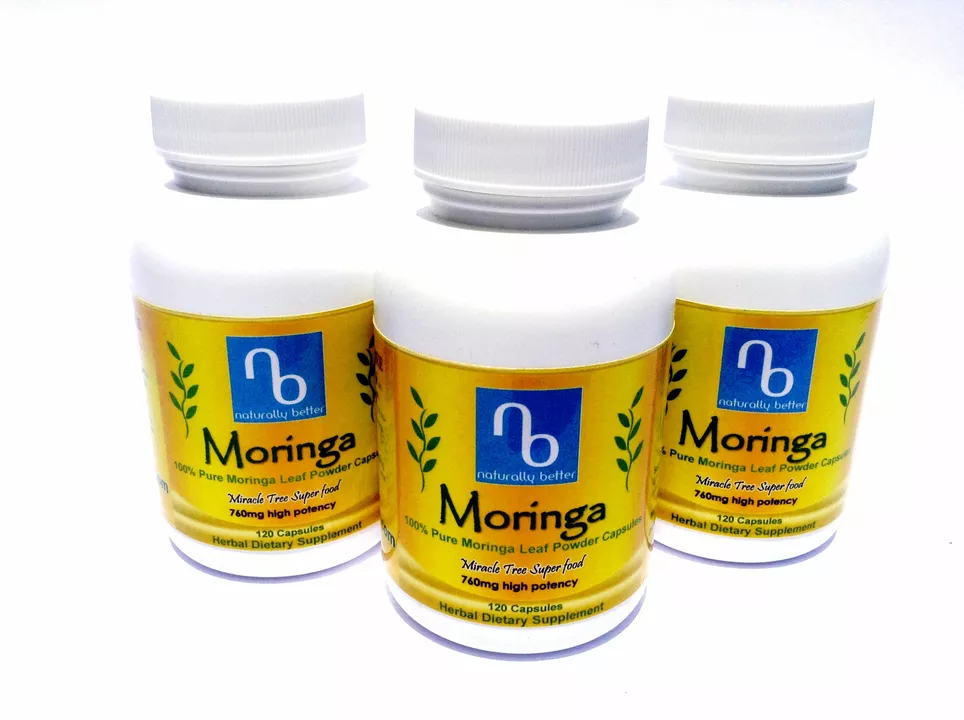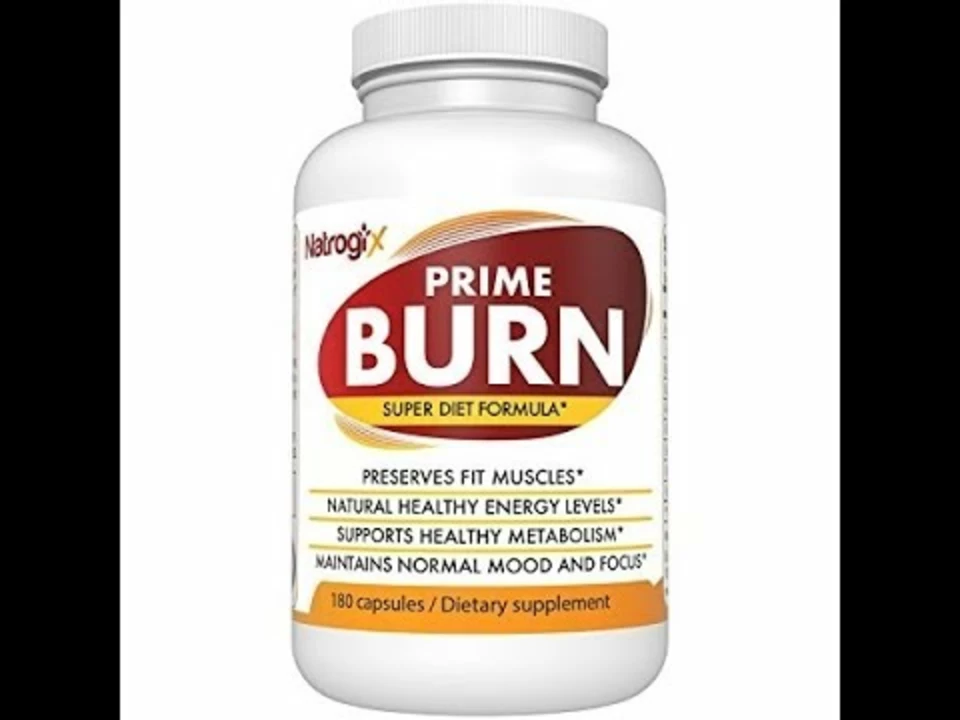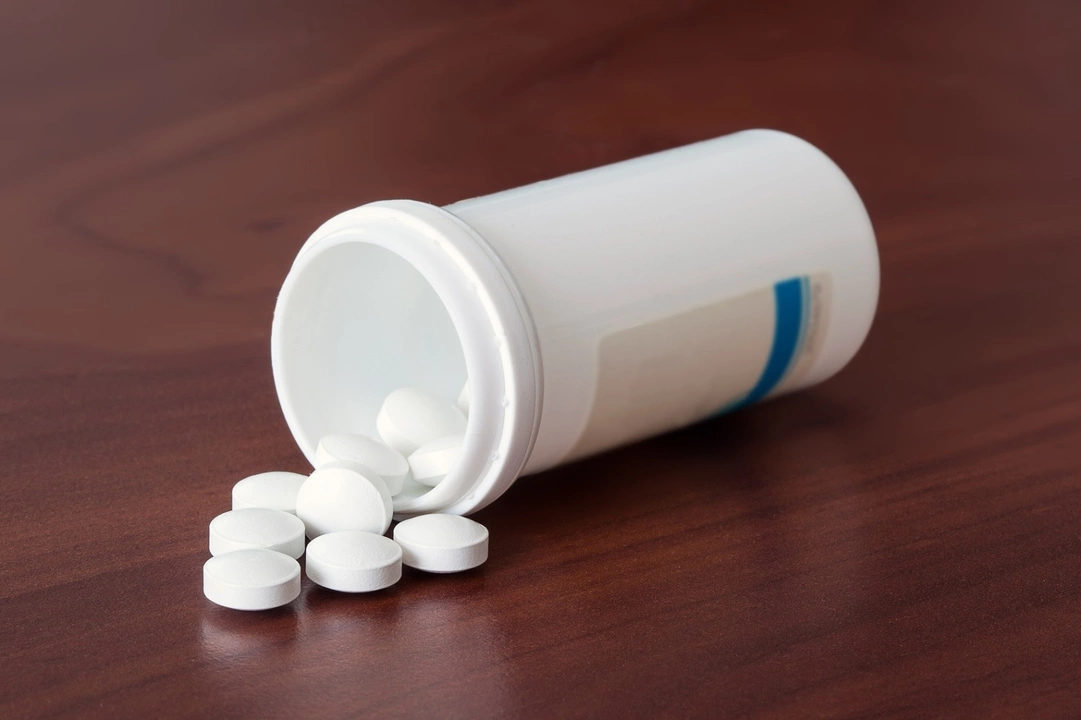May 2023 Archive — Quick Guides on Drugs, Supplements and Care
This month’s posts mix practical drug info, natural supplements, and caregiving tips you can use right away. If you want short reads that point to action — how a medicine can affect your body, which supplements are worth a try, or how to help someone who’s sick — you’ll find it here.
Top medication posts
Ribavirin and thyroid dysfunction: a clear note that ribavirin can affect thyroid function in some patients, causing low or high thyroid activity. The post focuses on watching symptoms and talking to your prescriber if you feel unusually tired, jittery, or notice weight changes.
Mefloquine in malaria control: the article explains why mefloquine still matters in areas where other drugs fail, while flagging concerns about side effects and resistance. It’s a practical look at when mefloquine is chosen and why ongoing monitoring matters in public health programs.
Mebendazole: called a go-to for many common parasitic infections. The write-up highlights how it works, who commonly uses it (including children), and why it’s been a reliable option for clearing worms with usually mild side effects.
Varenicline plus hypnosis for quitting smoking: a short guide explaining how the pill reduces cravings and how hypnosis can help change the habit side of addiction. The post shares real-world tips on combining pharmacology with behavioral methods to boost success.
Atomoxetine and impulsivity: this piece covers atomoxetine’s role beyond ADHD — how it can help reduce impulsive behavior by boosting focus and self-control. It points out who might benefit and why follow-up matters.
Mometasone in older adults: safety and dosing tips for geriatric patients using this topical steroid. The write-up stresses gentle monitoring because older skin is thinner and more sensitive to side effects.
Supplements, symptoms and caregiving
Moringa, Acacia rigidula, Pygeum and Superoxide Dismutase (SOD) each got spotlight posts. Moringa is praised for vitamins and amino acids that help energy and digestion. Acacia rigidula is framed as a metabolism and energy aid, with a reminder to check interactions. Pygeum is presented for prostate and inflammation support. SOD is explained as a natural antioxidant enzyme worth considering for cell protection.
Edema and liver disease: plain talk on how a poorly working liver can cause fluid buildup, why you might see swelling in the legs, and common steps doctors take like sodium control and diuretics.
Caregivers and IPF plus how to support a sick loved one: two compassionate posts with hands-on advice. Caregivers are shown as central to managing appointments, meds and emotional support for people with pulmonary fibrosis. A separate piece lists simple, useful actions — listening well, offering meals or rides, and protecting your own energy so you can keep helping.
How to use this archive: pick a topic that fits your current need — drug safety, a supplement you’re curious about, or caregiving tools — then read the short guide and follow the practical tips or questions to ask your healthcare provider. Want the original posts? Use the site search or archive links to open any full article.
If you want a quick roundup on one topic from this month — say, supplements or smoking cessation — tell me which and I’ll pull the key tips together into a single checklist.








